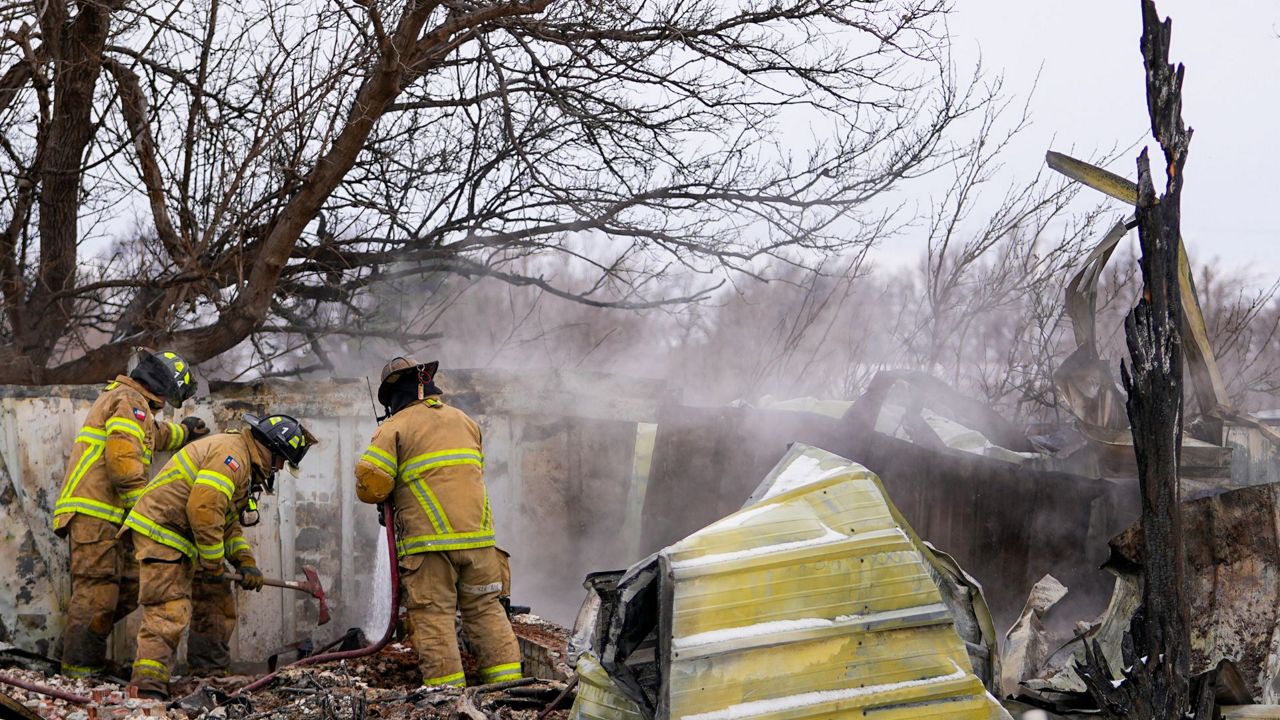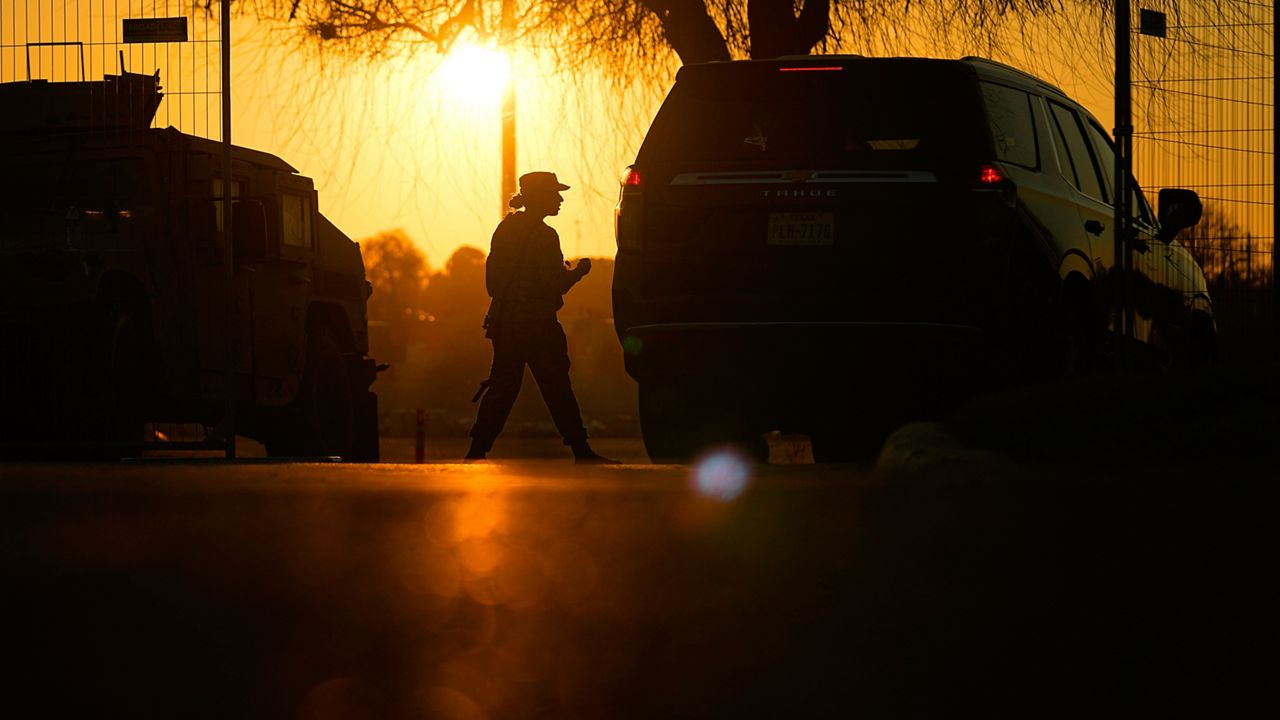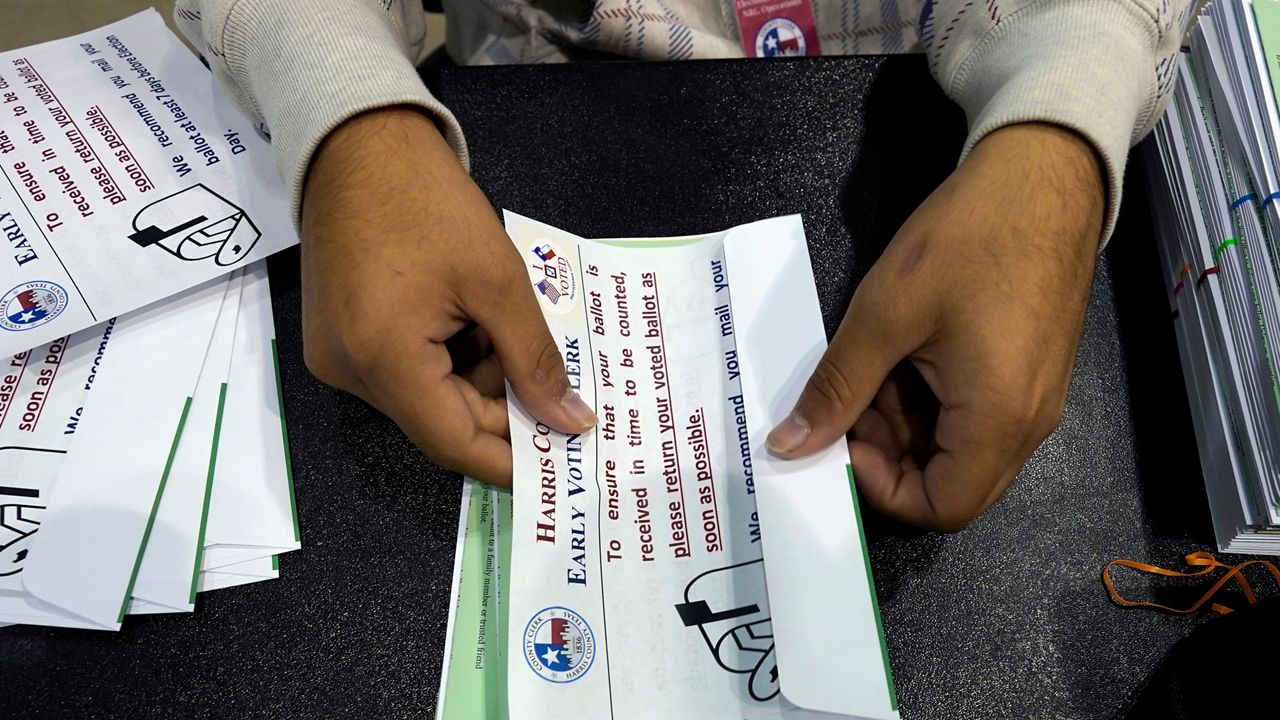AUSTIN, Texas — After devastating wildfires ravaged the Texas Panhandle in 2024, members of the state House have introduced several bills to enhance the state’s wildfire prevention and emergency response capabilities.
Four bills aim to focus on improving communication infrastructure and resource coordination among first responders.
These were the first bills the full House has passed during this year’s regular session.
House Bill 13: Establishing the Texas Interoperability Council
Filed by state Rep. Ken King, R-Canadian, House Bill 13 proposes the creation of the Texas Interoperability Council.
This council would be tasked with developing a statewide strategic plan to ensure seamless communication for all first responders and government agencies during emergencies. The bill would address critical challenges found during the 2024 wildfires, where disparate communication systems hindered coordinated response efforts.
The council’s responsibilities would include assessing current communication infrastructures, recommending improvements and overseeing the implementation of interoperable communication systems across the state.
The Senate filed a similar one, Senate Bill 34, introduced by state Sen. Kevin Sparks, R-Midland. It would increase funding for rural volunteer fire departments.
House Bill 143: Addressing electrical power line failures
House Bill 143, also introduced by King, would address electrical power lines safety and maintenance.
The bill would grant the Railroad Commission of Texas and the Public Utility Commission the authority to address instances where operators fail to maintain these power lines in compliance with the National Electrical Code.
This legislative measure seeks to mitigate risks associated with poorly maintained electrical infrastructure, which was identified as the potential ignition source for wildfires in the Texas Panhandle in 2024.
House Bill 2063: Creating a statewide firefighting equipment database
Introduced by Rep. Caroline Fairly, R-Amarillo, House Bill 2063 would allow the Texas A&M Forest Service to establish and maintain a statewide, comprehensive, real-time database of firefighting equipment available for wildfire response.
The database aims to enhance resource coordination by providing detailed information on equipment types, locations and contact information for fire departments. The database would be searchable by location and equipment type, facilitating efficient deployment of resources during wildfire incidents for all fire departments, including volunteer units and emergency services districts.
One more vote is needed before the bills can move to the Texas Senate for consideration.










